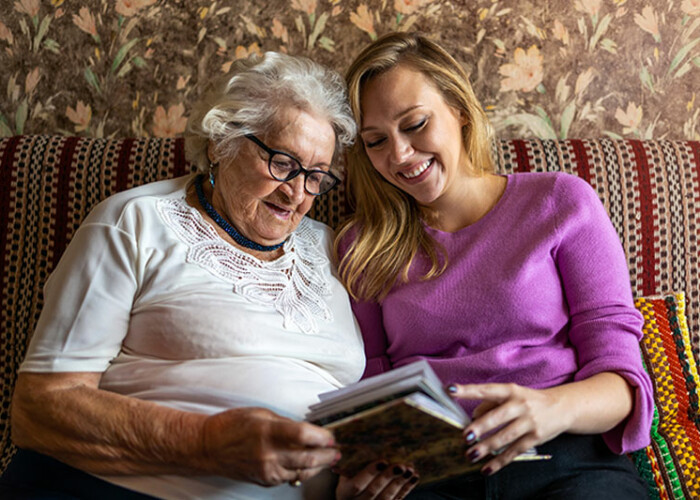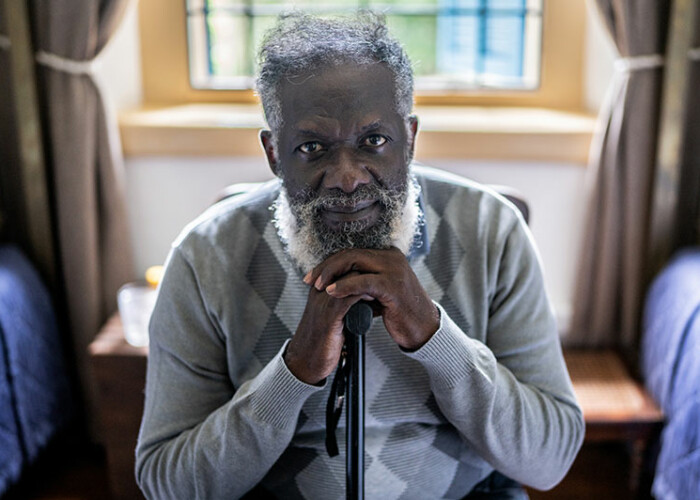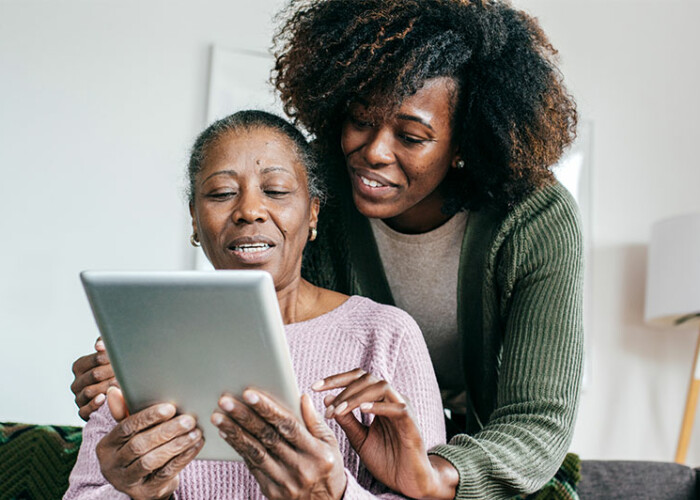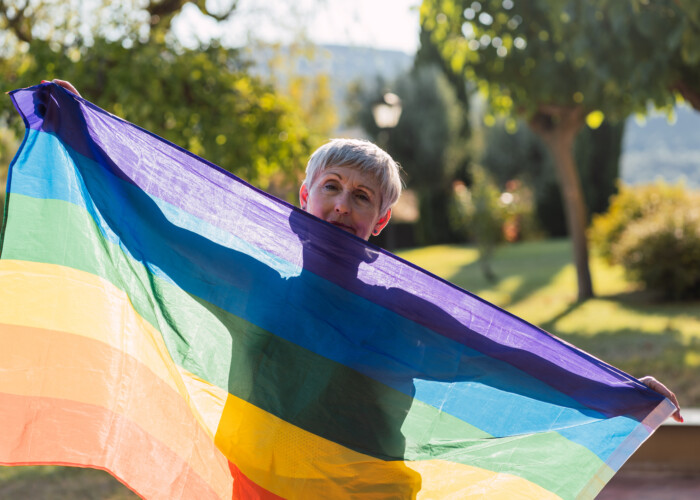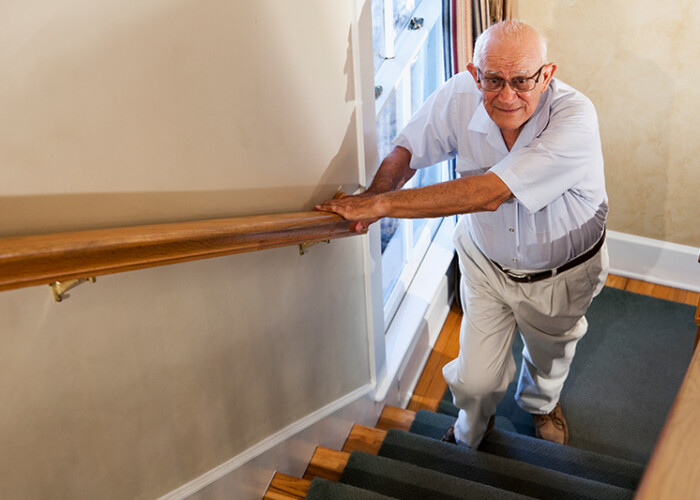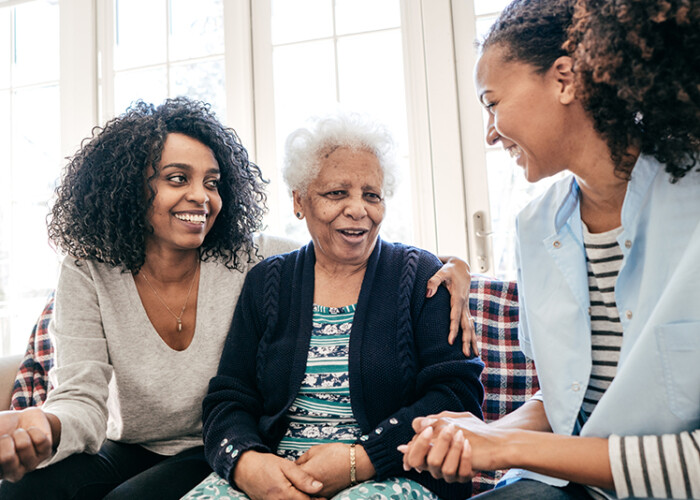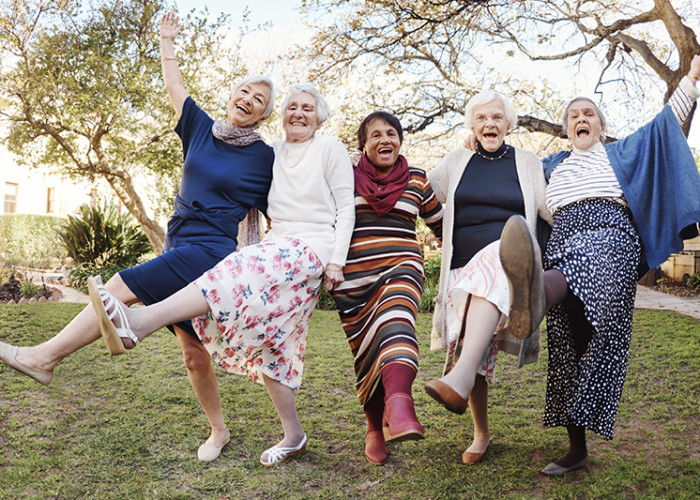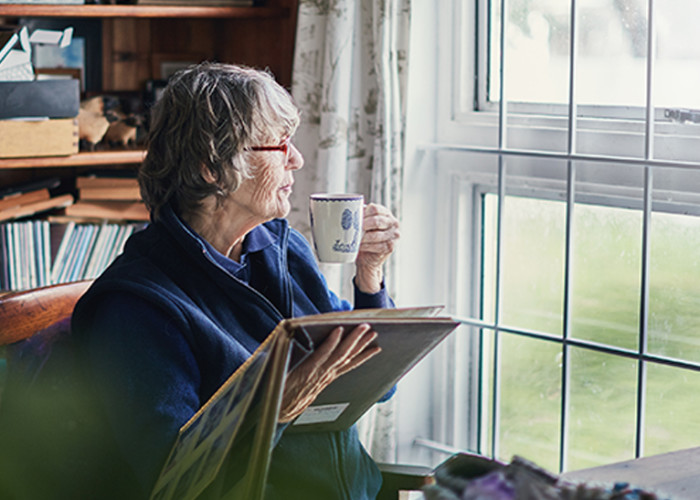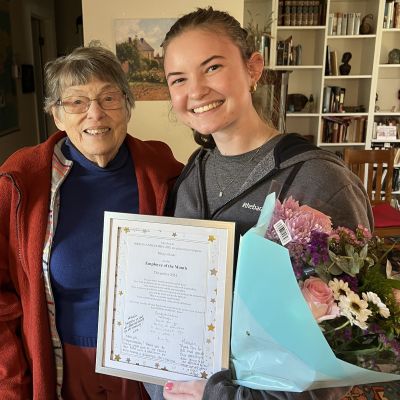Senior Independence
Improve Memory With These Simple Strategies
Help improve memory for someone you love with dementia with these proven tactics.
Remember memorizing the order of the colors of the rainbow in elementary school? A lot of us were introduced to Roy G. Biv to learn this feat – one of the many mnemonics we learn that, interestingly, often stay with us for a lifetime and help us improve memory.
As we get older, some degree of memory impairment is to be anticipated; and naturally it is even more pronounced when Alzheimer’s disease or another form of dementia is a factor. Researchers are continually aiming to find effective methods to enhance memory and cognitive functioning, and have discovered some interesting findings on “old school” strategies such as mnemonics. Here’s what they have most recently identified:
Mnemonics
Mnemonics provides a link to a memory through a song, … Read More »
Do You Know When and How to Downsize for Seniors with Dementia?
Seniors with dementia can benefit from downsizing.
It’s clear that the family home is just too overwhelming for Mom and Dad to care for. A small home is for sale just around the corner from you that’s ideal: a beautiful flower garden in the front yard, a sunny, cheerful kitchen, and no stairs to navigate. Now it is time to begin the downsizing process. The only problem? Mom has dementia.
Any level of change can be very challenging for a senior with dementia. Leaving the familiarity of home and moving into a brand new one can enhance feelings of anxiety and agitation, but there are strategies to ease the transition.
Take your time. It can be your natural thought to make this process as quick as possible – like ripping off a band-aid. However, a much better approach in … Read More »
What People With Alzheimer’s Want You to Know
Improve communication with someone you love by learning what people with Alzheimer’s want you to know.
If you’ve ever wished you could look a senior with dementia in the eye and understand exactly what they’re thinking, we just might be able to help you with that! Communicating effectively with someone with dementia isn’t easy, especially as the disease progresses. Following are several statements provided by people with Alzheimer’s to give you some insight into what it feels like to live with the disease.
You haven’t lost me. A diagnosis of dementia does impact a person in many ways, but it doesn’t change the essence of who they are. “I love the same people and doing the same things I did before my diagnosis,” explains Dale Rivard. It’s essential to recognize that while memory and cognitive abilities may decline, the … Read More »
Senior Technology and How It’s Making It Easier Than Ever to Age in Place
“You are always free to choose what you do with your life. To make changes in your future, make new choices today.” – Brian Tracy
Learn about the latest innovations in senior technology and how they can help someone you love.
Selecting where to reside in our older years isn’t easy. Nearly all older adults prefer to remain at home for a lifetime, but it is not without challenges. Will it be safe? What about mobility issues or other physical limitations? What happens if the person falls and is unable get up?
The good news is, there are a wide variety of solutions that make aging in place possible for older adults. Senior technology, for example, is continually developing and evolving, providing answers to the challenges that could surface as we grow older. Just look at a few … Read More »
Understanding Cultural Competence in the Context of LGBTQ+ Senior Care
The highest quality LGBTQ+ senior care begins with understanding and implementing cultural competence practices.
As we strive to create compassionate and supportive environments for seniors, the concept of cultural competence takes center stage, particularly when addressing the unique needs of LGBTQ+ individuals in their later years. In the context of LGBTQ+ senior care, embracing cultural competence is essential to ensure that each person receives the respect and understanding they deserve as they navigate the intricacies of aging.
What Is Cultural Competence?
At its core, cultural competence refers to the ability of individuals or organizations to effectively interact with people from different cultures. It involves understanding, respecting, and responding to the needs and preferences of individuals from diverse backgrounds. In the context of LGBTQ+ seniors, cultural competence extends beyond a general understanding of aging to encompass the unique challenges, … Read More »
Navigating the Unique Challenges of Older Adults in the LGBTQ+ Community
Older adults in the LGBTQ+ community face a number of hurdles that we all need to understand.
When it comes to growing older, the experiences of seniors are as diverse as the colors of the rainbow. Within this spectrum, older adults in the LGBTQ+ community often face unique challenges that warrant our attention and understanding. As a leading home care provider in Novato and the surrounding areas, we know that fostering inclusivity is crucial for providing support to all members of our community. It begins by understanding some of the hurdles specific to the LGBTQ+ population that need to be overcome.
Isolation and Social Stigma:
One of the key challenges confronting LGBTQ+ seniors is the potential for isolation and the enduring social stigma that has persisted throughout their lives. Many individuals from this community grew up in an … Read More »
Watch for These Early Signs of Mobility Problems in Older Adults
All family caregivers need to know the early signs of mobility problems in older adults in order to prevent falls or other serious injuries.
Benjamin Franklin certainly had it right: An ounce of prevention is really worth a pound of cure. When it comes to noticing and addressing the early signs of mobility problems in older adults, prevention is a must. Falls in seniors lead to 3 million emergency room visits, 300,000 hip fractures, and 32,000 deaths every year, according to research by the CDC.
Preempt a tragedy by keeping an eye out for these warning signs of increasing mobility issues in older loved ones:
Experiencing dizziness. Dizziness and issues with balance can develop from a variety of contributing factors that ultimately cause problems with mobility. It’s important to discover why these issues are taking place and address them … Read More »
3 Steps to Better Advocate for an Aging Parent
Trusting someone you love to the care of someone else is never easy, particularly for a senior family member. Whether at home or in a facility, you’ll have questions you need answered. You will also want to be ready to advocate for an aging parent to proactively address any potential problems and also to quickly take care of issues that do take place.
For instance, review the following common situations and how to most effectively advocate should they arise with an older adult you love:
The person has dementia. A loved one with Alzheimer’s might not be able to effectively communicate their wishes and needs. As an example, a new caregiver may not realize that Dad wears inserts in his shoes and she may put his shoes on each day without them. Dad may not know how to communicate this … Read More »
The Importance of Friendships and How to Find Friends as a Senior
Knowing how to find friends as a senior is the first step to enhancing socialization and quality of life.
Observing kids effortlessly form friendships at the playground is a heartwarming sight, but as adults, building connections can be a bit more complex. Friendships are vital, especially for seniors emerging from COVID-related isolation. How can you assist the older adults in your life in enhancing their socialization and making new friends?
While a pick-up game of tag might not be on the agenda, consider these alternative tips for how to find friends as a senior:
Join a Club: Help an older loved one brainstorm their interests, whether it’s reading, knitting, gardening, fishing, or sports. Look online for local groups or explore resources at the senior center. If no suitable groups exist, consider creating one!
Take a Class: Community colleges often offer … Read More »
What You Need to Know About Clutter and Dementia
Clutter and dementia may seem like an unhealthy combination, but research is showing some surprising benefits between the two.
Decluttering is a vital component to safety for individuals with dementia, particularly in ensuring walking paths are clear to prevent falls. However, there may be some surprising benefits to controlled clutter, according to a study by the University of East Anglia that explored the link between clutter and dementia.


